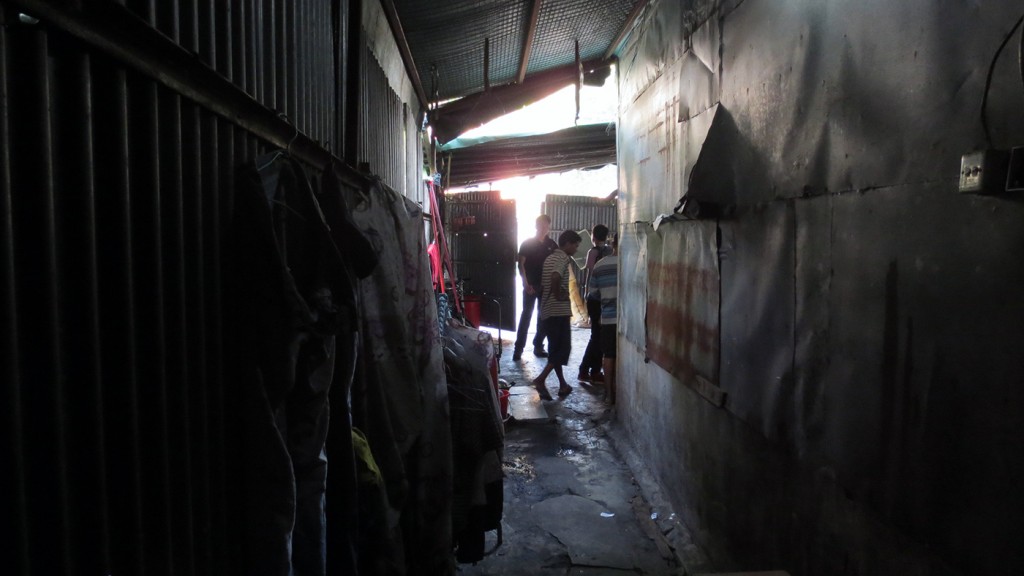
My name is Matthew and I am barrister in training doing my pupillage with a top human rights lawyer. The training is tough and challenging and frankly has been very hard work for several months already. I would like to share last week’s court experiences with you. My master and I went to a magistrate’s courts to make a bail application for our client. It was supposed to be a straightforward task and would have been simple had our client been a resident with a similar offense.
Unfortunately, our client was a torture claimant from Pakistan. His immigration status makes matters complicated as asylum seekers are generally treated more harshly and with prejudice by the courts. This gentlemen, like many refugees, entered Hong Kong illegally (which those fleeing persecution have a right to do). After being unlawfully detained for half a year, he was neither released nor sentenced, but held in remand. Before the judge emerged, as is customary, we discussed how to move forward and bail procedures with the prosecution. However, the Department of Justice (“DOJ”) prosecutor spoke rudely to my master. The barrister attempted to explain the full picture and invited the prosecutor lady not to oppose bail. It was apparent that she was deaf to both reasonableness and ignorant of our client’s rights.
After my master pushed her in open court, she started to lose her confidence. Wepolitely requested she seek instructions from her supervisor as she was floundering in deep waters. Disappointingly, after she took advice, she reiterated that the DOJ would oppose bail. When the judge invited her to speak, she regrettably stated that she opposed bail without giving reasonable explanations. I was quite surprised asshe is an experienced prosecutor and should not have made any further submissions.
I had a feeling that facing a robust defense, she was personally unwilling to oppose bail. However, civil servants often have no choice but to follow instructions from their senior. After the magistrate heard both sides’ submissions, he agreed with the defense and grant bail to our client. This was a sudden and unexpected victory that only a human rights barrister could have extracted against such pervasive DOJ discrimination against asylum seekers. Refugee rights had won the day!
The client was extremely happy and hugged family and friends after he was released. They were overjoyed as they hadn’t seen each other for six months. The client took me for lunch at a Muslim restaurant to share the joyful occasion. I felt we had done something very meaningful for them. This was a memorable experienced. I believe that public prosecutors should not blindly follow their seniors’ instructions, but think critically and assess the entire legal landscape with an open mind.
This real life court experience encourages me to fight for justice where it is denied by bigotry and discrimination. In our beloved Hong Kong there is a great need for lawyers who will fight tooth and nail for the undertrodden. When you know about social injustice, you may choose to look the other way, but you can never say that you didn’t know.


